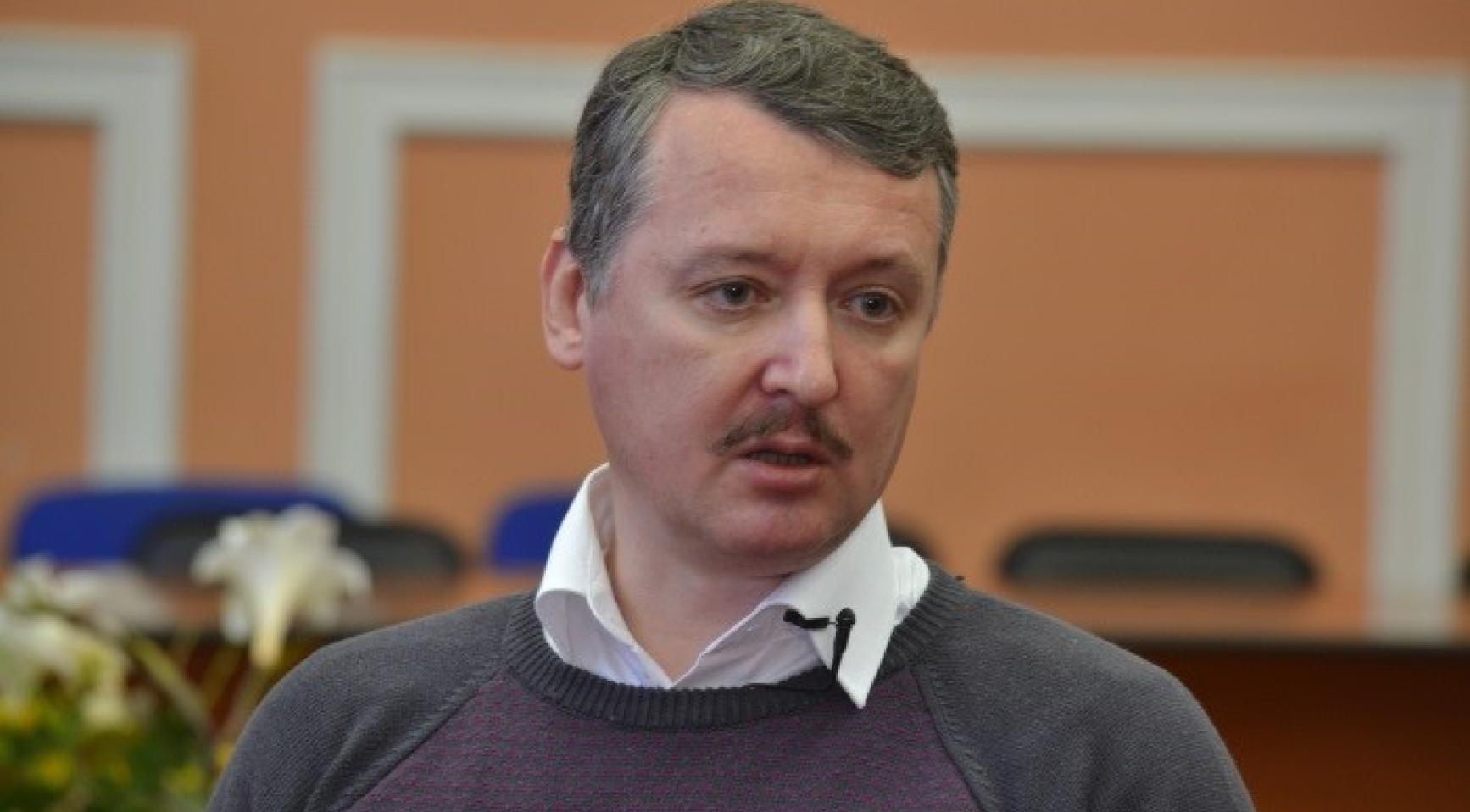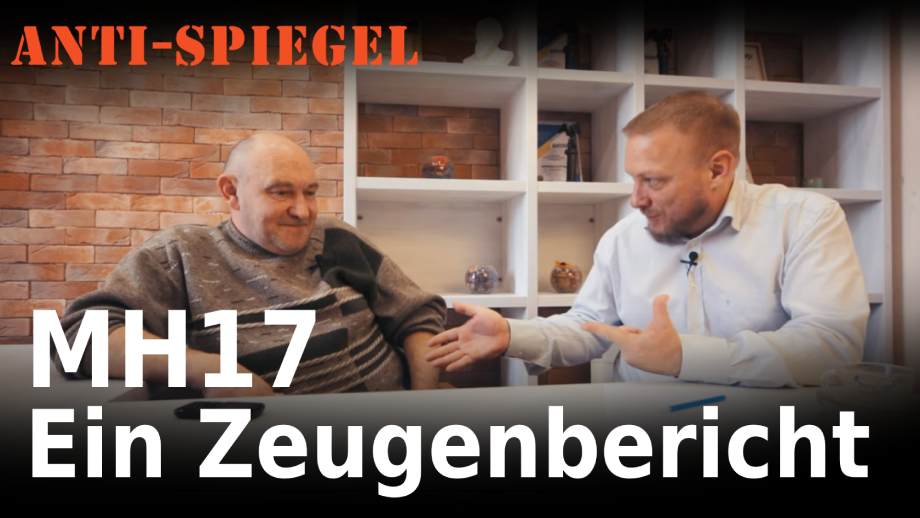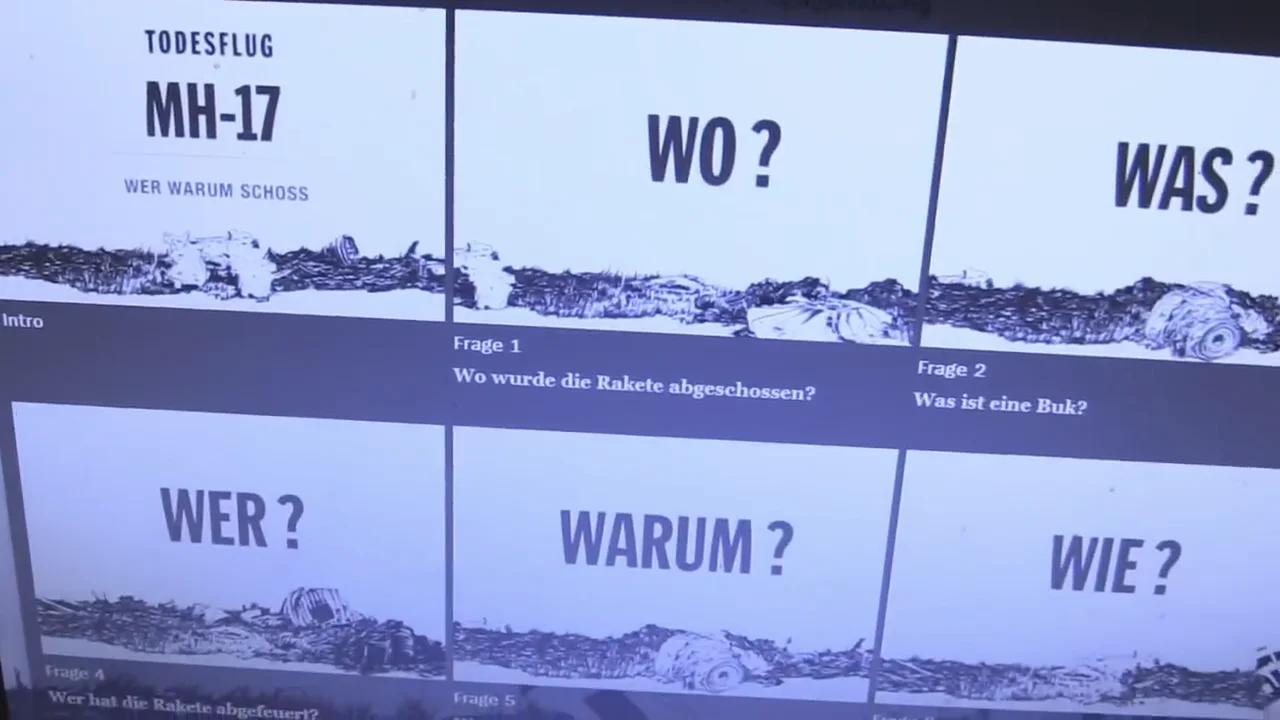NOS News - today, 06:45
Nearing verdict in MH17 trial, effect of right to speak on next of kin investigated
Remco Andringa - editor Police and Justice
Many bereaved families who spoke in court during the MH17 trial probably benefited. The right to speak can help them process the loss of their loved ones. For a small group, the right to speak may not have worked out as well and worsened their psychological symptoms.
These are the expected outcomes of an ongoing study into the effect of the right to speak in the MH17 case. The scientific research is being co-conducted by Jos de Keijser, clinical psychologist and associate professor of grief processing at the University of Groningen.
On Thursday, the court will deliver its verdict in the MH17 trial. The prosecution has demanded life in prison against three Russians and a Ukrainian, allegedly responsible for shooting down the passenger plane in 2014. The disaster killed all 298 occupants, including 196 Dutch nationals.
Harrowing stories
Last year, over one hundred relatives exercised their right to speak. For three weeks the court listened to the often harrowing stories about the consequences of the disaster. People described how their families were torn apart by grief, how they became mentally distressed and how they sometimes lost their jobs or how a relationship broke down.
According to De Keijser, it turns out that the group of people who made use of the right to speak is also the group that struggles with the most complaints such as grief disorder, depression or post-traumatic stress disorder. These survivors are also the most angry about the injustice they have faced.
"For 80 percent of these people, exercising the right to speak worked very well," says De Keijser. "They got recognition for the suffering that was done to them. It also gives a sense of justice that you can still do something for your deceased."
Negative consequences
Yet for a small group, the right to speak can actually have negative consequences. Instead of relief, speaking in court causes more complaints because all the suffering is brought up again.
The expectations of next of kin help determine whether participating in the trial becomes a positive or negative experience. "Some hope to be able to vent their anger in court, but the right to speak does not always provide a solution for that," says De Keijser. "It helps at that moment for a while, but the anger remains."
People who do not engage in the lawsuit turn out to function better than those who get all caught up in it.
Jos de Keijser
Excessive expectations lead to disappointment, the psychologist says. The same is true of the verdict Thursday. "At best, the defendants will be sentenced to life in prison, but it remains to be seen whether anyone will ever end up in prison for this attack. So you shouldn't go into this trial with too high expectations."
Although a large group spoke in court, a majority of the bereaved specifically chose to not use the right to speak. "People who don't get involved in the trial turn out to function better than those who get all caught up in it," De Keijser observed. Therefore, they probably feel less need to speak out.
"Leaflet"
The current right to speak for victims and survivors was introduced in 2016. It should have a healing effect for those involved. Currently, the universities in Groningen, Leiden and Enschede are jointly investigating the effect of the right to speak, not only in the MH17 case but also among survivors of murder and fatal traffic accidents.
The research could lead to a kind of "leaflet" for the right to speak. When is it wise and when is it not wise to use it?
Based on the research so far, De Keijser says, "I would always do it if you feel you are doing something meaningful for your loved one. But if you find it very hard yourself, it's better to let someone else speak for you."
He believes victims and bereaved families should think carefully about what the disadvantages might be. "You have to weigh for yourself whether those disadvantages are worth it or not. The right to speak can be healing, but not for everyone."
Translated with
www.DeepL.com/Translator (free version)








